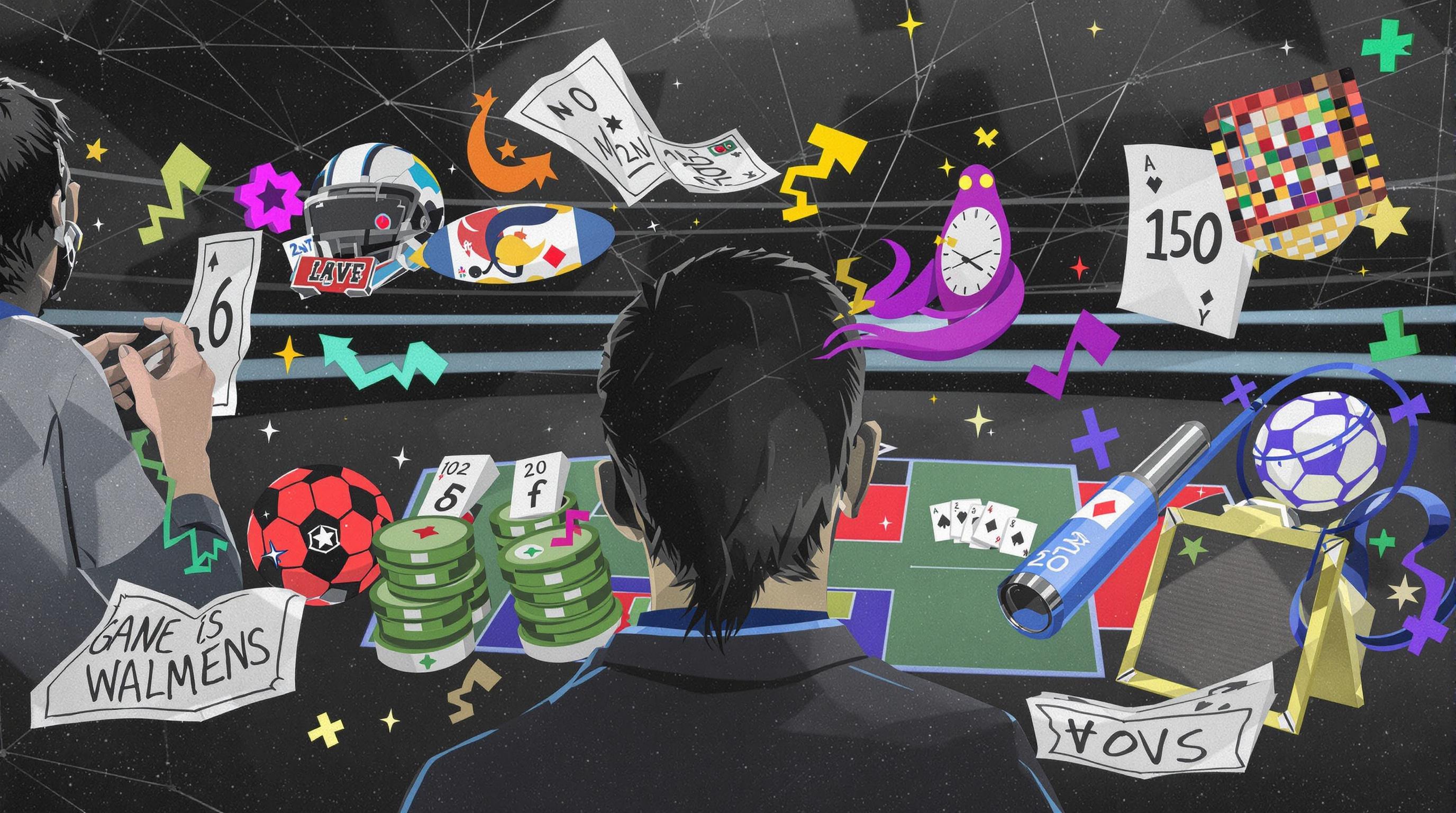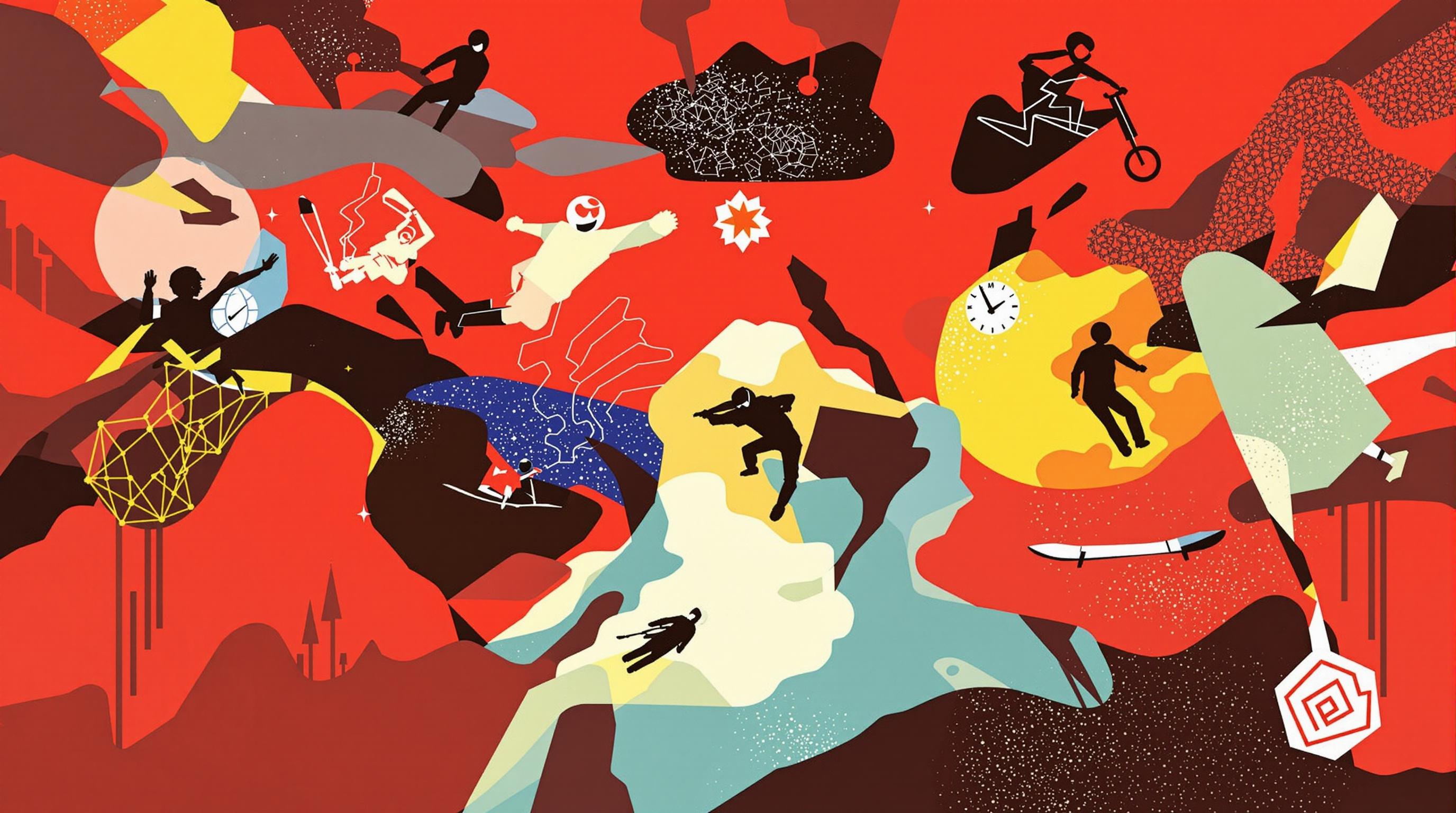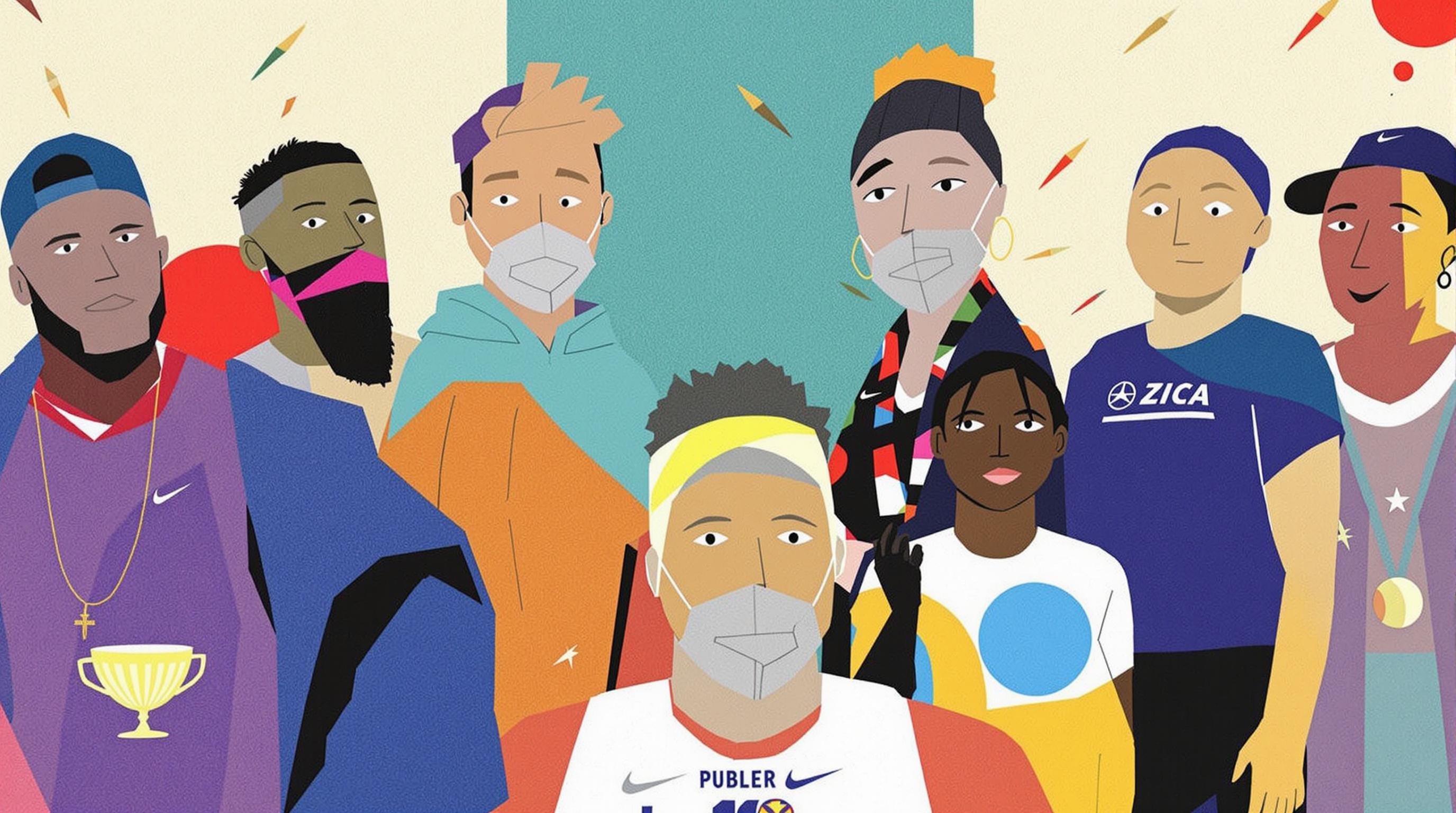Related Articles
- Cultural Collisions: How Colonialism and Conquest Transformed Games and Their Rules Across Continents
- The Eccentric Anomalies of Game Etiquette: Odd House Rules That Defied Generations
- Unveiling the Unconventional: The Role of Secret Societies in Shaping Game Regulations Across Time
- Revisiting the Cultural Phenomenon: How Iconic Championships Influenced Fashion Trends on and off the Field
- Revisiting the Aftermath: How Championship Wins Shape Community Identity and Local Economies
- The Role of Unexpected Weather Events in Shaping Championship Outcomes: A Tidal Wave of Influence
Game Theory: How Sports Betting Is Reshaping Community Dynamics and Ethical Debates in Modern Society
Game Theory: How Sports Betting Is Reshaping Community Dynamics and Ethical Debates in Modern Society
In the age of digital transformation, sports betting is no longer confined to backrooms but has become a prominent player in social dynamics and ethical debates. By exploring game theory, this article examines how betting influences community behaviors and moral considerations in modern society.
Understanding Game Theory
Game theory is the mathematical study of strategic decision-making. It looks at how individuals or groups choose to maximize their outcomes in situations where others are also making decisions that affect them. For instance, in sports betting, a bettor assesses not only the statistical odds but also the behavior of other bettors and the teams they are wagering on. This gives rise to a complex web of predictions and expectations, which can amplify the emotional intensity surrounding sporting events.
The Rise of Sports Betting
It’s no surprise that sports betting has skyrocketed in popularity, especially after the 2018 Supreme Court ruling that allowed states to legalize it. According to the American Gaming Association, the sports betting industry was valued at over $3 billion in 2020 and is projected to reach nearly $8 billion by 2025. This surge has transformed sports culture, leading to greater engagement from fans who now have skin in the game—literally.
Economic Dynamics of Betting
In many ways, sports betting functions as an economic engine. It generates tax revenue for states, stimulates local economies, and creates jobs in gaming and hospitality sectors. However, the financial freedom to wager has sparked concern over gambling addiction and its consequences. The National Council on Problem Gambling estimates that 2 million Americans meet the criteria for severe gambling problems, while an additional 4 to 6 million could be considered moderate-risk gamblers.
A Case Study: The Evolution of Betting Culture
Consider the example of New Jersey, which fought a long legal battle for sports betting. When the market opened, it generated $385 million in wagers in its first year. Local businesses noticed an uptick in foot traffic, and the state emphatically argued that betting brought people together. However, online platforms and betting apps have created a different dynamic, making it easier for individuals, including underage users, to place bets. The community’s response has spurred legislative discussions about responsible gambling initiatives and age restrictions.
Shifting Community Dynamics
Have you ever placed a bet with friends? It's often a way to bond, whether it's during the Super Bowl or March Madness. Yet, the emotional stakes can shift from camaraderie to competition, causing rifts based on wins and losses. This change in social dynamics raises questions about the lasting impact of betting on community relationships, especially among younger individuals who are still forming their social identities.
Ethics in Question
While betting can foster community engagement, it also raises significant ethical questions. For instance, is it right to profit from the misfortune of a team or an individual player? An ethical dilemma emerges when we consider how the outcomes of games can be manipulated through insider information or corruption. In 2007, the NBA referee Tim Donaghy was found to have been involved in betting schemes, leading to a scandal that tarnished the league's reputation. This incident serves as a cautionary tale about the thin line between competition and exploitation in sports.
A Conversational Take on Personal Experiences
Let’s be honest, who doesn’t love a good bet? I mean, I’ve shared a laugh with friends over a few bucks placed on an underdog team—until they lost, and suddenly I'm an emotional wreck. Betting brings a thrill that can transform watching sports into an exhilarating event. Yet, it’s crucial to recognize that the stakes are more than just monetary. They affect relationships, mental health, and even community dynamics.
The Intersection of Technology and Betting
The advent of technology has transformed sports betting into an instantaneous and immersive experience. Mobile apps and online platforms like DraftKings and FanDuel have made it accessible to anyone with a smartphone, including the younger generation. In fact, a 2022 study found that about 20% of Gen Z individuals engaged in sports betting, significantly higher than previous demographics. This accessibility poses a challenge not just for bettors, but for families and communities that bear witness to the consequences of gambling.
Perspectives on Regulation
The ongoing debate surrounding regulation in sports betting focuses on whether the government should step in to protect vulnerable populations. Proponents argue that regulation can curb unethical practices and promote responsible gambling. However, critics claim that too much regulation might stifle a burgeoning industry eager to innovate and serve its consumers. The crux of this argument often circles back to game theory: how do lawmakers and betting companies engage in a strategic dance to maximize their gains while protecting the public?
The Good, The Bad, and The Comical
Remember that time you placed a casual bet on your buddy's favorite team, knowing they have a terrible record? You might have laughed when they lost, but what happens when that same spirit drives someone to make increasingly larger bets, chasing losses instead of enjoying the game? Sports betting, undeniably humorous at times, can spiral into a chaos of competitive spirit, regrets, and ethical dilemmas. It’s like a wild roller coaster, but you might not want to forget to check your seat belt first—or your bank balance!
A Community Clock: Understanding Social Capital
Sports betting significantly influences social capital—the networks, relationships, and norms that facilitate cooperation. In communities where sports betting is prevalent, social ties may strengthen among those who bet together. However, the flip side could see marginalized groups feeling excluded from the festivities or even falling into debt, creating tension rather than unity. This aspect complicates the narrative about the overall benefits of sports betting on community dynamics.
Final Thoughts: Striking a Balance
As society becomes increasingly entwined with sports betting, it is essential to strike a balance between enjoyment and ethical considerations. Communicating openly about the risks associated with gambling while also enjoying the thrill of competition can create a healthier environment for everyone involved. Only then can we truly understand the intricate dance of game theory in sports betting and its effects on our communities.
Embracing Future Discussions
The conversation around sports betting is far from over. As more states embrace this lucrative market, it’s critical for legislators, communities, and individuals to engage in discussions about responsible gambling, social implications, and ethical standards. Let’s continue to navigate this evolving landscape together, wrestling with the nuances of game theory and its impact on our cherished traditions and social fabric.
In the end, whether you’re a casual bettor or a dedicated enthusiast, remember—every wager tells a story. Let’s make sure it’s one worth sharing.




